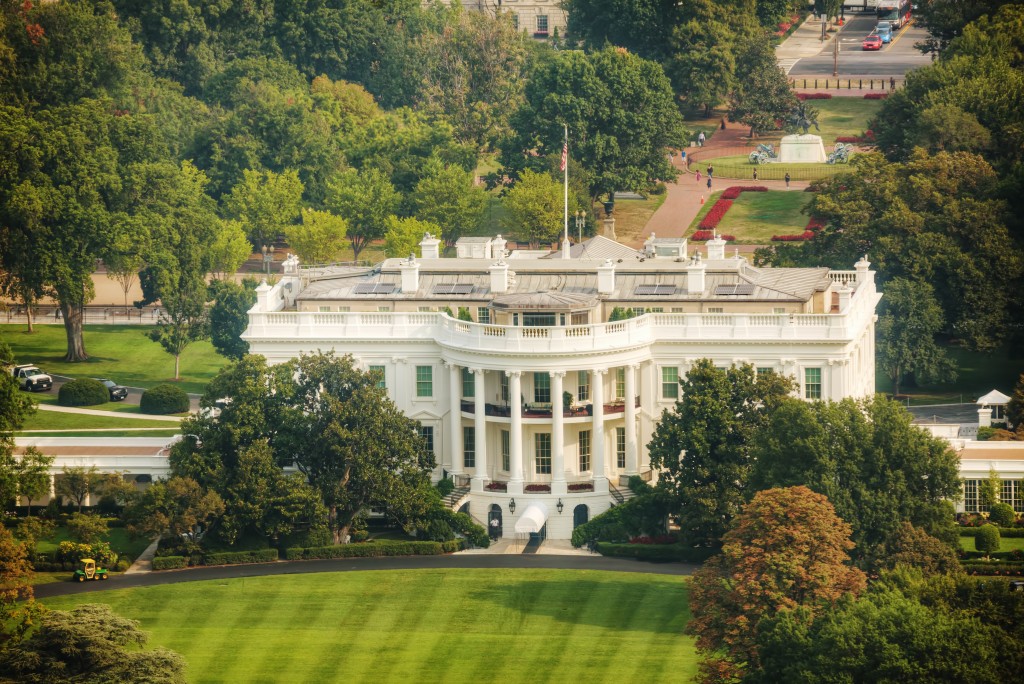
Civic Neighborliness: A Moment of Hope and Opportunity for the New Administration’s Engagement with Communities Across Deep Difference
Stanley Carlson-Thies, Dec. 19, 2016
As a presidential candidate, Donald Trump spoke sparingly about religious freedom and his vision for how diverse persons and institutions should live together in a diverse society. Trump’s limited comments with respect to religious freedom pertained mostly to ending the “Johnson amendment” prohibition on clergy speaking about public policy during election campaigns, nominating a “strict constructionist” to the Supreme Court, and reversing Obama administration executive actions, including those that have harmed religious contractors and universities.
With respect to an overall vision for how faith-based and neighborhood-based organizations can collaborate with government to provide innovative solutions for today’s most pressing challenges, however, the Trump administration has been largely silent.
One reason for uncertainty: Trump ran as an outsider without a detailed policy blueprint. And so far there have not been additional policy statements or nominations to key positions that would give us a clearer picture. How will his evident support for some religious freedom positions translate into how his administration will operate?
Big questions about what the Trump administration will do in the institutional religious freedom and civil society arena abound. For example, how will the administration be a good steward of the faith-based initiative?
This initiative, which stretches back into the Clinton administration, is a two-decades old bipartisan commitment to federal policies that enable religious organizations to be full partners in federally funded programs alongside secular providers of services. This initiative has the capacity to launch innovative, cooperative partnerships between local organizations, including religious community organizations, and the government. An expansive and strategic vision for the faith-based initiative could facilitate collaborative approaches to systemic solution challenges such as economic and social poverty, substance addiction, racial injustices, the denigration of family stability, and more.
Place-based and faith-based organizations are often the nexus of neighborhoods- sacred places people can come together across difference to receive transformative supports. The Trump administration could reinvigorate the faith-based initiative in tangible ways that could affect systemic change for communities around the country – from struggling urban areas to depressed rural communities to Native American reservations.
The new administration should seriously consider empowering the faith-based initiative with the necessary resources and latitude to both learn from local solutions about the most effective approaches to address the very particular needs of different communities and to reinvent creative modalities through which the government can partner with nontraditional partners who often the most effective, and cost-effective, providers.
The faith-based initiative under the Obama administration, to its credit, kept the same basic guidelines that existed under Bush. Faith-based organizations can compete on an equal basis as secular organizations for government partnerships, with the provider with the best program receiving the funding. Religious grantees are allowed to keep their distinctive religious identity, identifiably faith-based spaces, and religious staffing practices. Religious grantees cannot discriminate based on religion in providing government funded services, and services recipients can ask to be referred to another provider if they object to the religious identity of the faith-based provider.
Additionally, no explicitly religious activity is permitted in government programs funded through grants to religious organizations. Yet beyond keeping the balanced rules in places, the Obama administration could have done a lot more to unlock the creative capacities for community renewal which defined the original vision of the faith-based initiative.
It should be given a more active role to guide federal agencies to pursue bottom-up policies that utilize and strengthen people, neighborhood groups, and religious organizations that are already strong positive change agents locally in dealing with social and family problems.
A second question, regarding protecting the freedom of diverse individuals and organizations to live out their faiths and other orienting beliefs: what will the Trump administration do about the deep differences of belief and practice developed in our society concerning what is best for human flourishing regarding expressions of sexuality and how we form relationships?
Many religious and nonreligious Americans now believe that same-sex and opposite-sex relationships are morally indistinguishable and affirm gender-variant expressions of identity. Many other Americans believe that God’s ordered design for human relationships and biological sex cannot be realized through same-sex relationships and gender-variant identity expressions.
How can government do justice to all individuals and groups in an increasingly plural and polarized society who do not agree about many of life’s most basic of questions: what does it mean to be human, what does it mean to be created by a divine creative being, and what relationships and societal structures lead to human flourishing?
